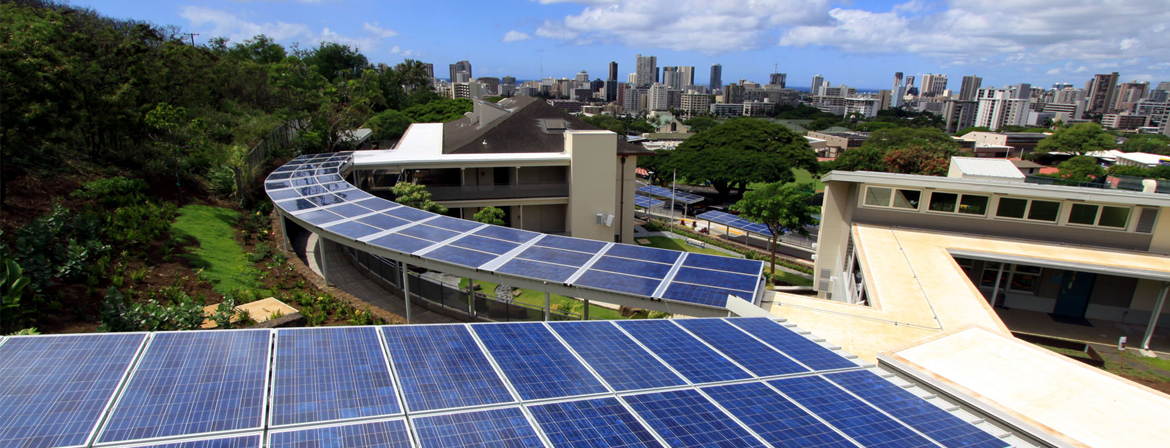Review of Utility Home Energy Audit Programs
Hirst, E., Berry, L. & Soderstrom, J. (1981). Review of utility home energy audit programs. Energy, 6, 7, 621-630.
Reducing Residential Electrical Energy Use: Payments, Information and Feedback
Hayes, S. C., & Cone, J. D. (1977). Reducing residential electrical energy use: Payments, information and feedback. Journal of Applied Behavior Analysis, 10, 3, 425-435.
Psychological Research for the New Energy Problems: Strategies and Opportunities
Kempton, W., Darley, J. M., & Stern, P. C. (1992). Psychological research for the new energy problems: Strategies and opportunities. American Psychologist, 47, 10, 1213-1223.
Comparing the Effects of Monetary Incentives and Foot-in-the-Door Strategies in Promoting Residential Electricity Conservation
Katzev, R. D., & Johnson, T. R. (1984). Comparing the effects of monetary incentives and foot-in-the-door strategies in promoting residential electricity conservation. Journal of Applied Social Psychology, 14, 1, 12-27.
Promoting Energy Conservation in Master-Metered Apartments through Group Financial Incentives
McClelland, L., & Cook, S. W. (1980). Promoting energy conservation in master-metered apartments through group financial incentives. Journal of Applied Social Psychology, 10, 1, 20-31.
Public Acceptance of Consumer Energy Conservation Strategies
Olsen, M. E. (1983). Public acceptance of consumer energy conservation strategies. Journal of Economic Psychology, 4, 1-2, 183-196.
Consumption Behaviors Hinge on Financial Self-Interest
O'Brien, T. P., & Zoumbaris, S. J. (1993). Consumption behaviors hinge on financial self-interest. American Psychologist, 48, 10, 1091-1092.
The Effectiveness of Incentives for Residential Energy Conservation
Stern, P. C., Aronson, E., Darley, J. M., Hill, D. H., Hirst, E., Kempton, W. & Wilbanks, T. J. (1985). The effectiveness of incentives for residential energy conservation. Evaluation Review, 10, 2, 147-176.
Answering Behavioral Questions about Energy Efficiency in Buildings
Stern, P. C., Aronson, E., Darley, J. M., Kempton, W., Hill, D. H., Hirst, E. & Wilbanks, T. J. (1987). Answering behavioral questions about energy efficiency in buildings. Energy, 12, 5, 339-353.
A Behavioral Model of Residential Energy Use
van-Raaij, W. F., & Verhallen, T. M. (1983). A behavioral model of residential energy use. Journal of Economic Psychology, 3, 1, 39-63.



